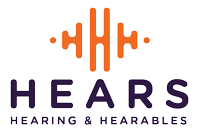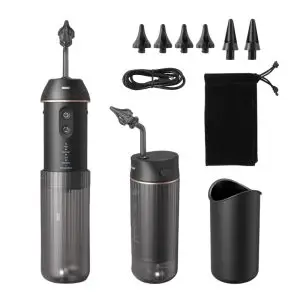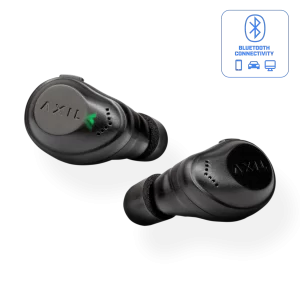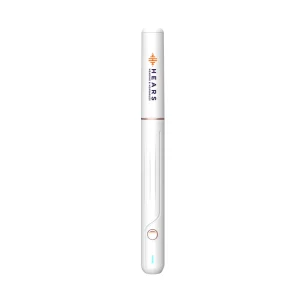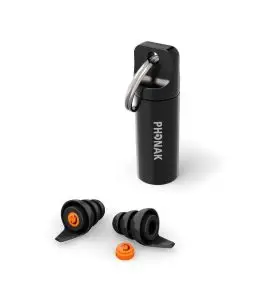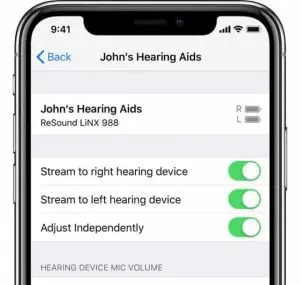When it comes to the health insurance industry, a third-party administrator (TPA) is an administrative service provider that delivers support for-insured health plans.
Clear as mud, right? Let’s try again. What is the difference between an insurance company and a TPA? You must know that Medicare does not cover hearing aids as an insurance benefit.
A health insurance company sells coverage to protect a person against damage (via accident or illness) to their physical person, thus incurring medical expenses. The health insurance provider is exchanging the risk that a person will be hurt or ill, for a monetary fee and can cover part of or all that risk for a person. This is possible because the insurance company spreads that risk among a large group of people (policyholders).
A Third-party administrator does not take on any risk and does not provide insurance or health benefits.
Instead, a third-party administrator exchanges the administrative services required to manage a health plan for a fee. TPAs take on the administrative burden that would typically be done by HR (human resources) and finance teams; ie: enrollment, insurance claims processing, reimbursement, reporting, record-keeping, etc. Some may be independently owned and operated, owned by an insurance company, multi-employer group, or a hospital. They work on behalf of employers with a broad variety of outside vendors involved in the healthcare industry.
There are several third-party administrators and HARNs (Hearing Aid Referral Networks) that operate in the US.
Within Audiology, third-party administrators negotiate discounts, coverage, and benefits for the group and administer the discount or benefits offerings. third-party administrators refer their “members” to registered, in-network providers for evaluation, fitting and long-term service. A few of the more common third-party administrators are TruHearing, HearUSA, UHC Hearing, American Hearing Benefits, and Hearing Care Solutions.
Hearing aid referral networks are typically online entities that market significantly reduced, inclusive discount pricing direct to the consumer, have the consumer purchase devices directly from them, and then also refer those consumers to registered, in-network, participating providers for fitting and service.
Third-party administrators and hearing aid referral networks are similar in that they are middlemen.
They get in the middle of the delivery system between consumer and provider and dictate both care and reimbursement. Some of these third-party administrators and hearing aid referral networks are owned by hearing aid companies and/or insurance companies. Some third-party administrators offer different hearing plan programs, but the choice is left to the health plan; not the patient. That means that the health plan decides how many visits are allowed under their “benefit” or “discount” plan; for example, a patient may be allowed an appointment where they are fit with their new aids and then two follow-up appointments. Anything more than that is private pay.
It also means that the health plan decides the list of devices is available to you.
On some plans, you are only able to choose from one, two, or a small handful of private-label devices. This technology may not be the best for you. You may also not know exactly what technology you are purchasing, because these devices are often slightly different from their branded counterparts. So, while you may get good technology at a reduced price, you may have to settle for limited options.
What does this mean for the provider?
This part may be of less interest to you. Others want to know how these companies operate. Are these companies acting in an ethical manner? That is something each of you will have to decide for yourself. I can provide facts, you decide what to make of these facts.
Third-party administrators require providers to become a part of their network and sign a contract. Certainly. I have looked at one of these contracts and found a few troubling things. You decide.
- One TPA requires providers to sign a non-disparagement form. The provider is not allowed to make any negative statement, written or oral, against the company, officers, directors, or employees. “The restrictions in this section 1g shall survive termination of this Agreement.”
- One TPA also requires the provider to sign a non-interference form. That means the provider will not engage in any conduct that in any way causes or is intended to cause another provider to alter, modify, or terminate his/her relationship with the TPA. “The restrictions in this section 1h shall survive termination of this Agreement.”
Now, I am not a lawyer (I say again, not a lawyer), but I do not know how that can mean anything but once a provider signs this contract, then decides to leave, and so terminates the agreement. He or she is still not allowed to make negative statements, or talk about their experience in a negative way; especially if that encourages another to leave. Forever. And ever. There is no endpoint.
We want our patients and consumers to be educated. To understand what product and/or service may be needed and what it will cost. All of our pricing is available on our website, including devices and services. Once you take a hard look at the costs of what type of device and service you want and what these “discounts” and “benefits” add up to, you will find that our prices are very competitive. You decide. Plus, you have the best service we can offer.
Happy Hearing!
Here are more blogs we found and used as references.
Hearing Health and Technology Matters March 14, 2018 Author: Kim Cavitt, AuD
Beware: TPAs and HARNs can be wolves in sheeps’ clothing
Clear Life Hearing Care Written by Brad Stewart, AuD
Is TruHearing a Good Deal?
